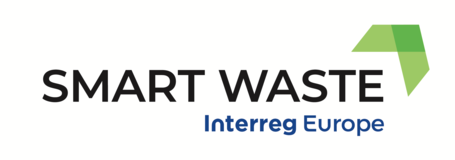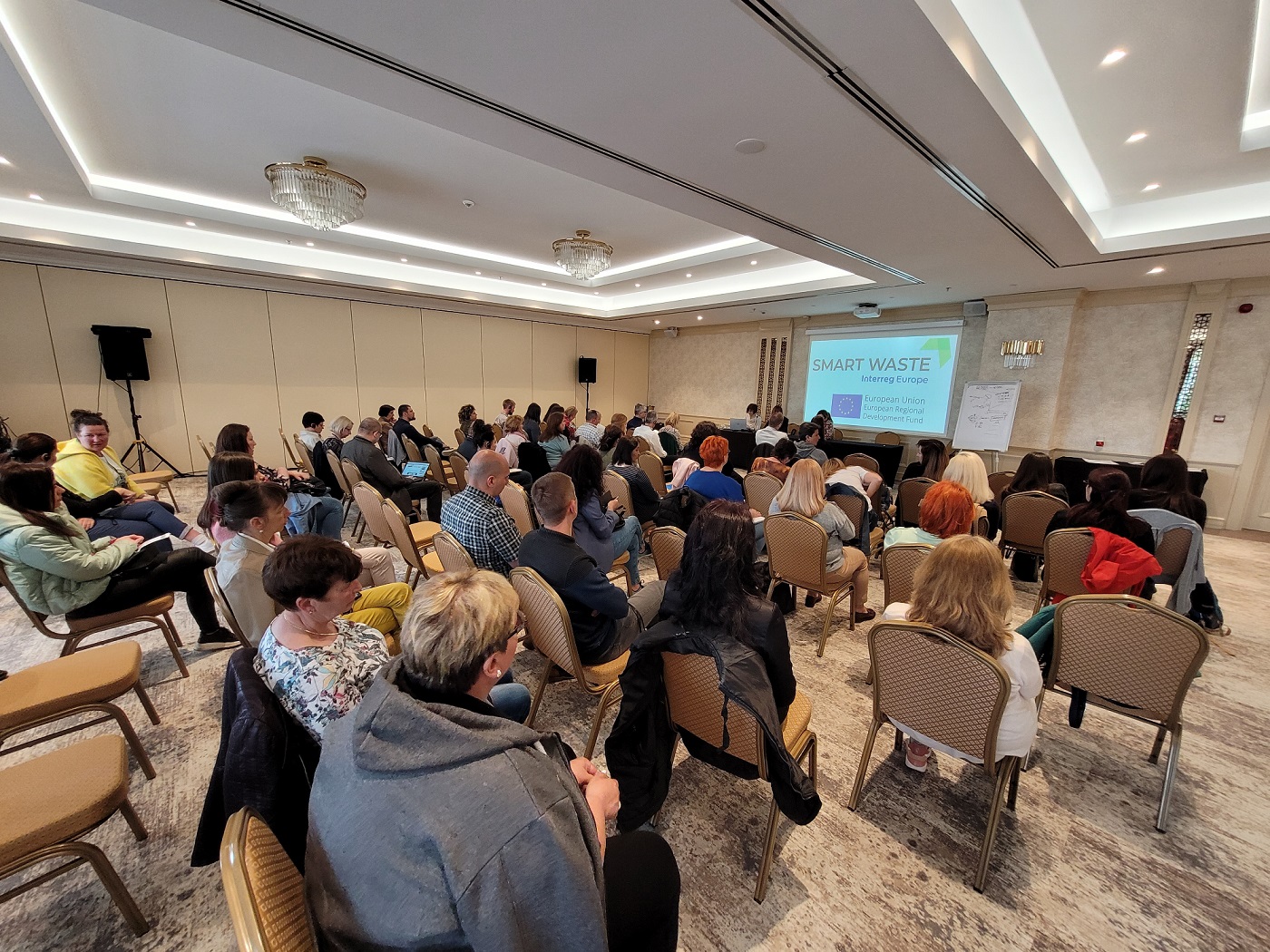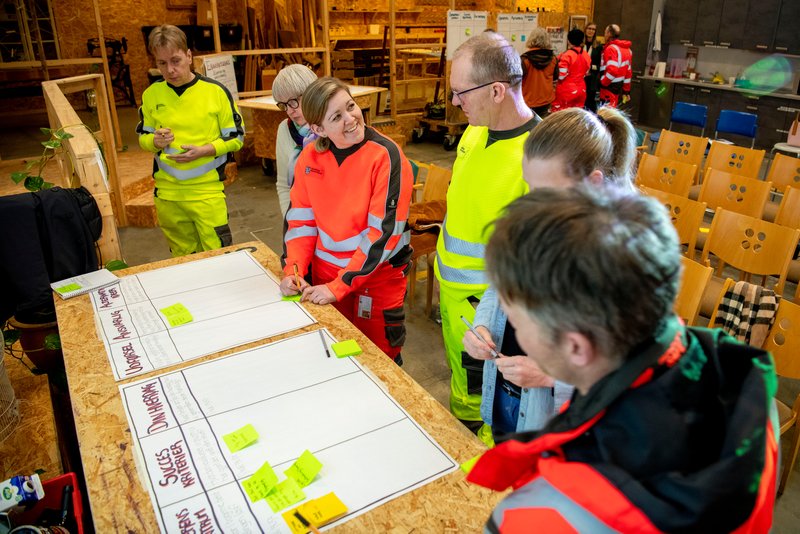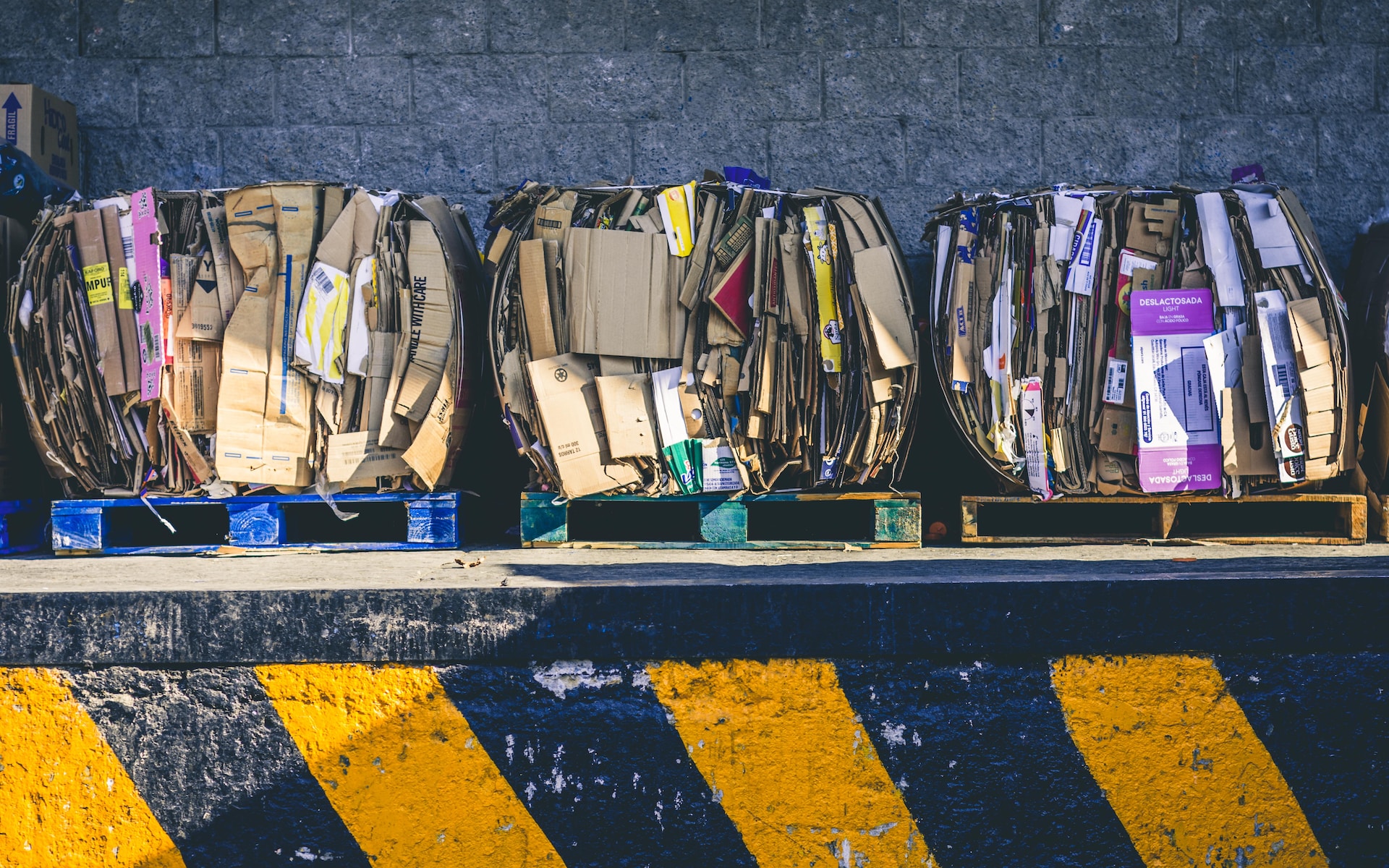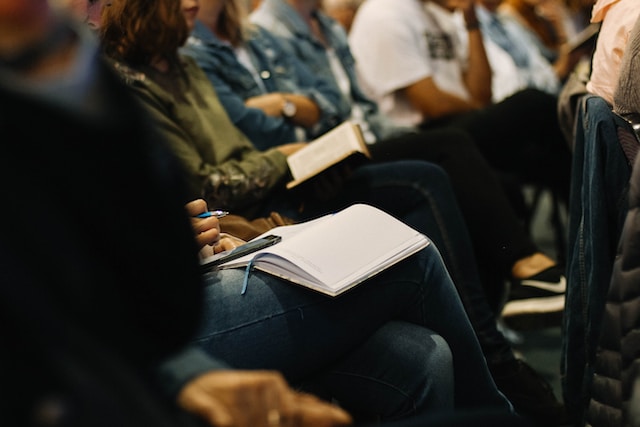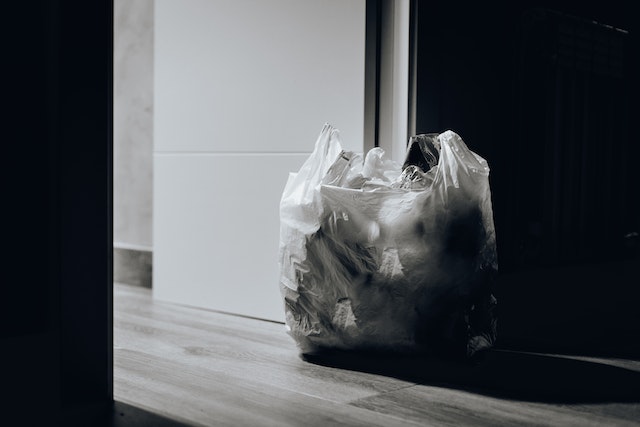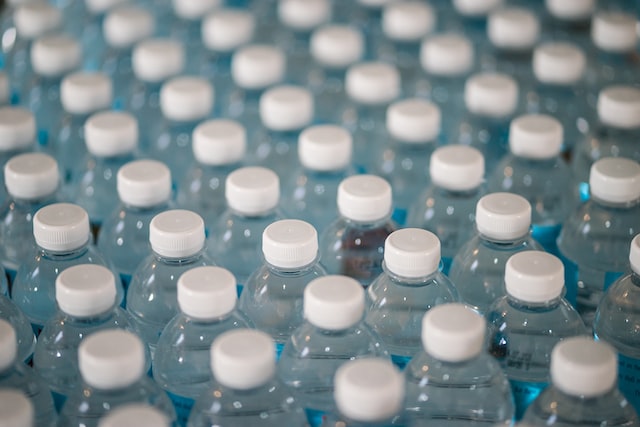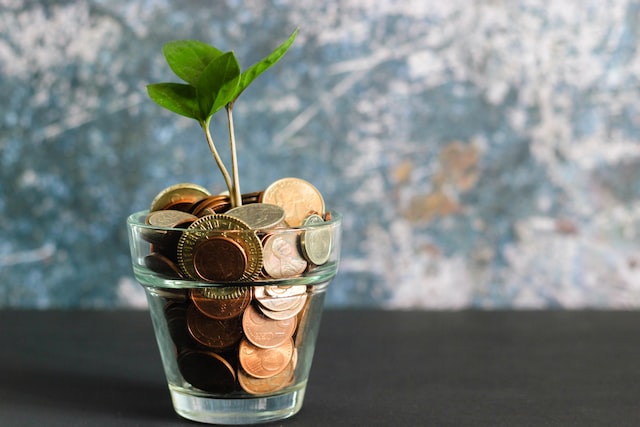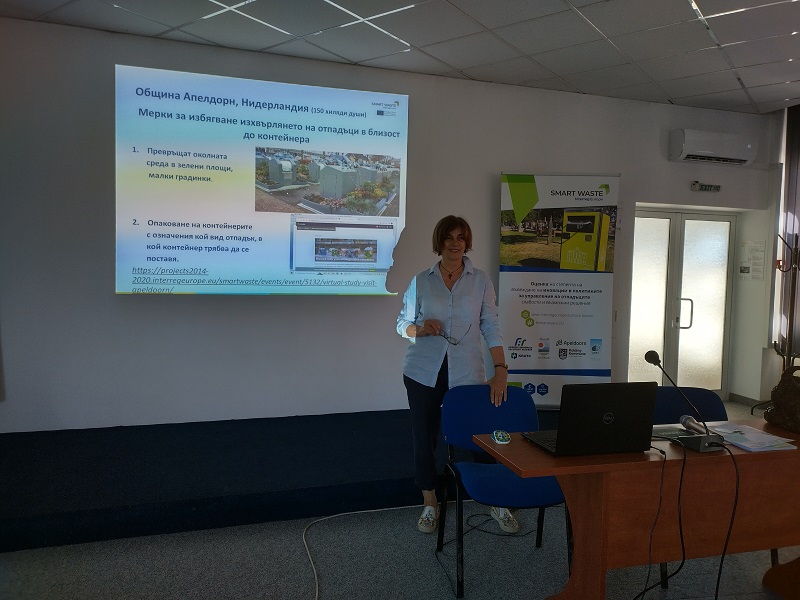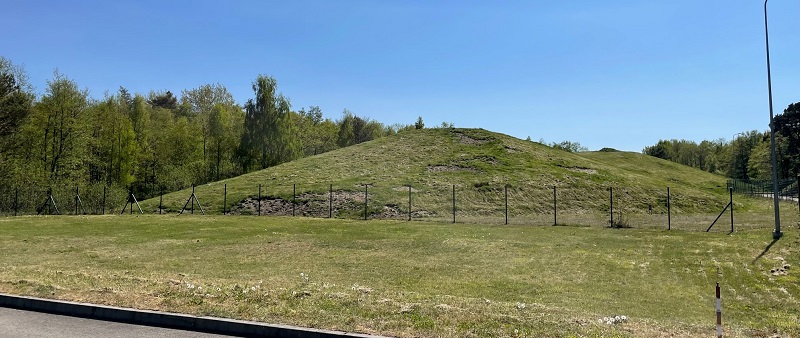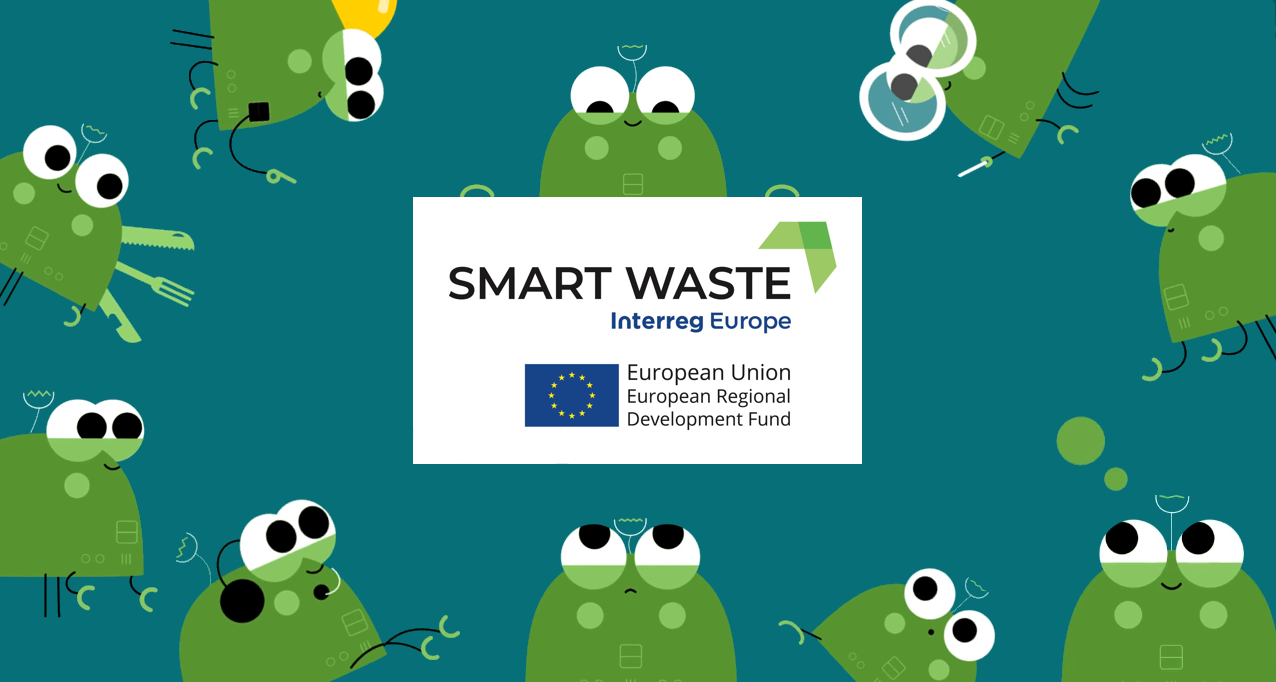The shift from a linear to a circular economy is a great challenge that requires a strong commitment to the sustainable management of waste and resources.
First, a circular economy means that less waste will be generated thanks to the development of sustainable products and the deployment of infrastructure for reuse and repair. Second, it leads to further investments in larger recycling capacities. This targets in particular food waste, plastic, and packaging waste that currently register low recycling rates or must be exported for recycling outside of Europe. Finally, the incineration and landfilling systems will be reduced to a minimum whilst at the same time tackling the legacy of European landfills to regain land and eco-systems.
A number of binding European targets for waste management in a circular economy has been newly set or increased recently with new obligations. Member States and their regions and municipalities are under the pressure to change the status quo. The usual slow evolution of waste management will not be an option anymore; deeper transformations are necessary.
Thanks to the Interreg Europe Policy Learning Platform, many policy instruments for reuse and repair, food waste reduction, recycling, and landfill rehabilitation have been tried and tested. They are readily available for regions and cities that want to address these challenges and keep resources in the loop while creating new local jobs.
Among these good practices, the Re-Use Box is a new collection scheme for reusable items in Austria, identified by the WINPOL project. In this box, citizens can dispose of small reusable items (books, crockery, tools, toys,…) which are often collected in too little quantities in reuse shops but could be easily sold.
More good practices as well at the Interreg Europe Policy Learning Platform on Environment and resource efficiency recommendations can be found in the policy brief on sustainable waste management in a circular economy.
